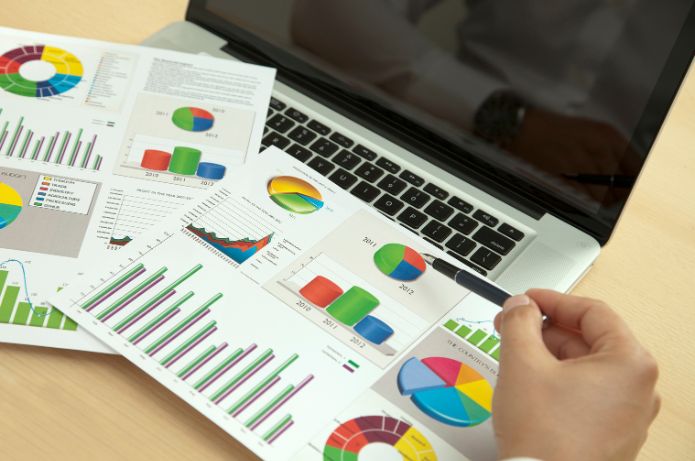The retail market begins 2025 with optimistic growth prospects. According to the Consumer Goods and Retail Outlook 2025 report published by the EIU, a global sales increase of 2.2% is projected—the highest positive rate since the beginning of the decade. This promising scenario is based on the implementation of new technologies, such as channel integration and artificial intelligence, combined with changes in consumption habits.
Following the same perspective, a study published by the consultancy Cognizant indicates that in 2025, consumers will evaluate the assistance of technology more positively, such as the use of digital assistants and chatbots, in the search for identifying more relevant offers. According to Julio Bastos, Chief Commercial Officer of Mission Brazil, the country’s largest rewards services platform, the expectation is that the public will be even more willing to share personal data, provided it results in personalized and convenient experiences with retailers and major brands.
“Retail in 2025 will be more connected, efficient, and conscious. New technologies, combined with consumer demands for personalization and sustainability, will shape the way we buy and sell,” says the executive. With this in mind, the expert listed the five main trends for the retail sector next year. Check them out:
- E-commerce and omnichannel
Brazilian e-commerce is expected to continue its accelerated expansion. Driven mainly by the pursuit of convenience, the integration between physical and digital stores is seen as an essential step. Additionally, seamless and barrier-free shopping experiences across channels will be increasingly valued by consumers. “Omnichannel is the key to delivering a consistent and efficient experience, regardless of the shopping channel,” says Bastos.
- Artificial intelligence and automation in customer service
Beyond chatbots, AI will play a central role in all stages of the shopping journey. “This automation will help optimize inventory management, predict demand, and improve the customer experience with fast and accurate responses,” explains the executive. For him, investing in AI means anticipating needs and intelligently optimizing processes.
- Sustainability and conscious consumption
A 2022 Nielsen study reveals that 65% of Brazilians prefer to buy from companies that adopt ecological and socially responsible practices. This movement toward conscious consumption has been especially driven by Generation Z, which sets trends worldwide. Therefore, transparency and environmental responsibility will be decisive factors in consumer choices. “Commitment to sustainability will be an undeniable competitive advantage,” highlights the CCO of Mission Brazil.
- Personalization and consumption data
Data collection, combined with analysis, will be essential to offer personalized experiences. Product recommendations, exclusive discounts, and customized offers will be important strategies for customer loyalty. “Personalization creates a direct and efficient relationship with the consumer,” adds Bastos.
- Social commerce and e-commerce on social networks
Social commerce will solidify as one of the main forms of shopping. The executive explains that social networks will continue to be one of the main meeting points between brands and consumers. “In other words, online channels will enable direct transactions, while influencers and affiliates will play crucial roles in campaign promotion and personalization,” concludes Bastos.


